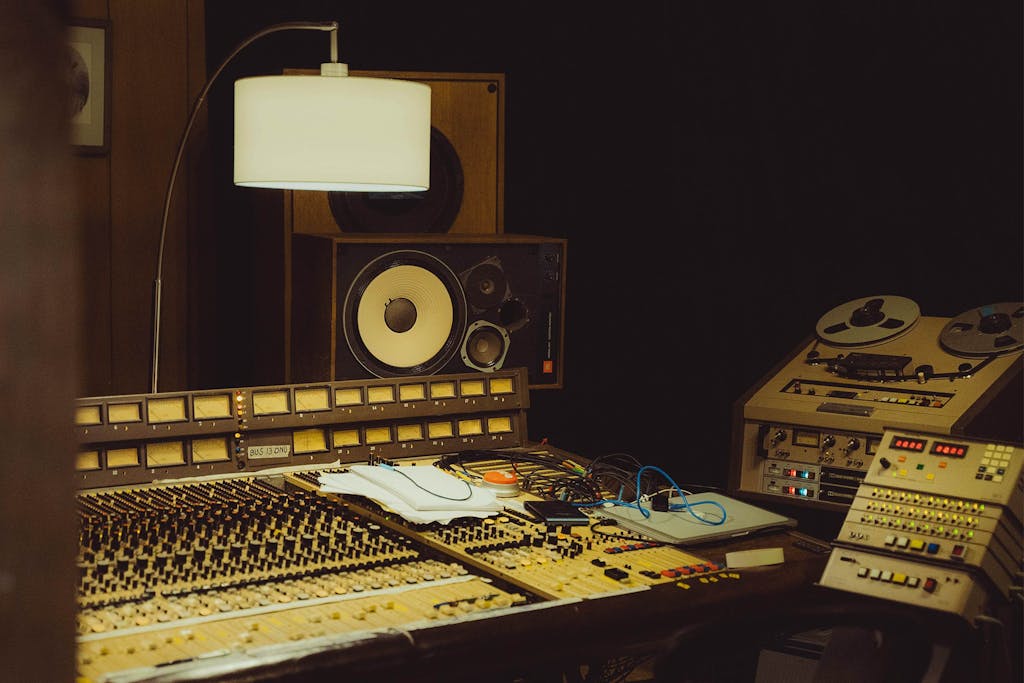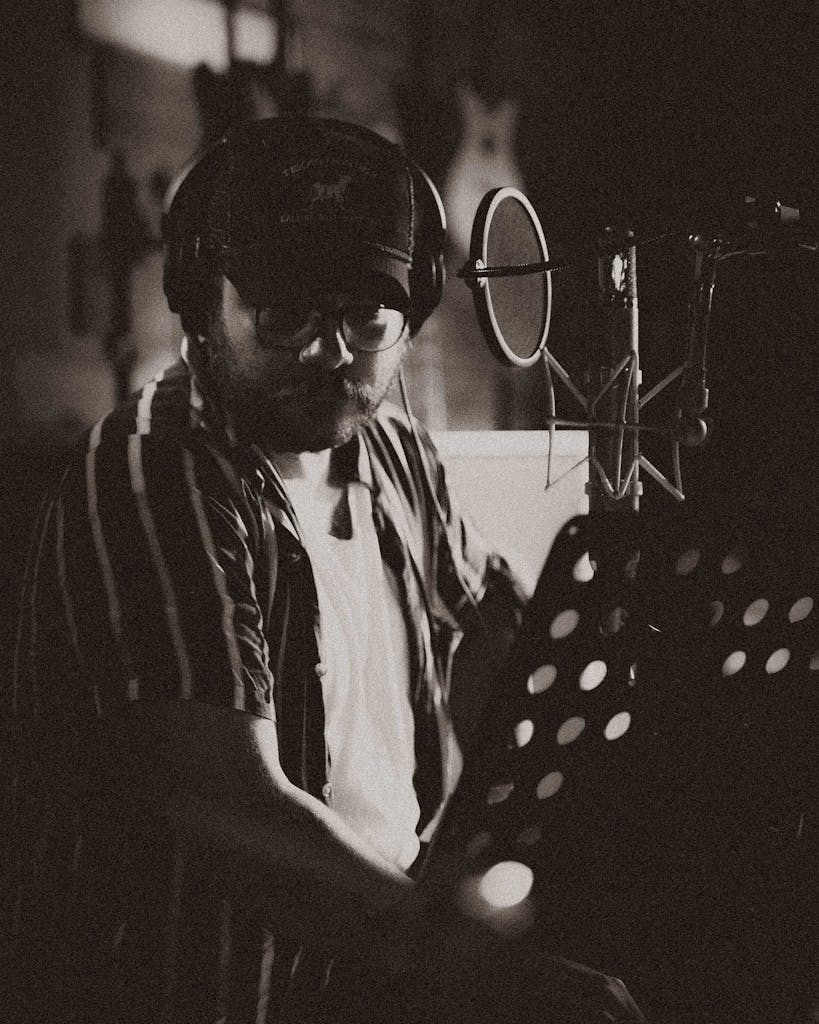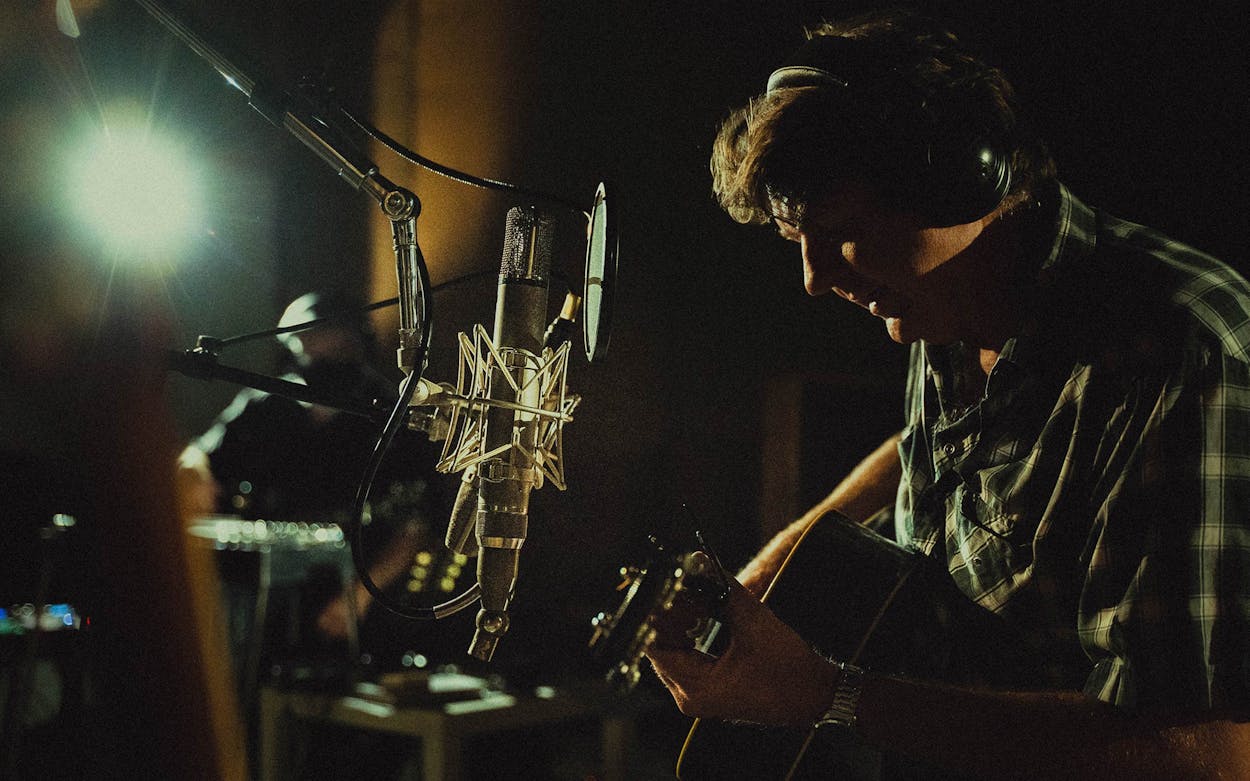In the summer of 2007, Bruce Robison was riding high in Nashville. The singer-songwriter and Bandera native was celebrating the success of his latest hit country song and being honored at swanky Music Row parties. None other than George Strait had just taken “Wrapped,” a song written and originally recorded by Robison a decade prior, to the number-two spot on the Billboard Hot Country Songs chart in the U.S., and the number-one spot on the Billboard Canada Country chart.
Robison was having an impressive six-year run. Not only was “Wrapped” the second of his songs that Strait had sung into the top ten (“Desperately” reached number six in 2004), but national radio titans including Tim McGraw and the pre-controversy Dixie Chicks had seen their own Robison cuts sizzle to the top spot on the charts and hit FM-radio ubiquity with “Angry All the Time” in 2001 and “Travelin’ Soldier” in 2003, respectively.
At that point Robison was a bona fide A-list songwriter, with the platinum-plated plaques and sizable royalty checks to prove it. He was also an established touring artist in his home state. But around that time, he began sensing that the pot of gold at the end of Music City’s neon rainbow wasn’t worth chasing further. Now, as the founder of The Next Waltz, the buzzed-about indie record label he started in 2016, Robison remembers feeling that something was missing in his career back then.
“One day I woke up and knew I didn’t want to try and get another Nashville act to record one of my songs,” Robison says over the phone from his home in Austin. He thought of his musical heroes, Townes Van Zandt, Guy Clark, and Rodney Crowell—idiosyncratic singer-songwriters who didn’t compromise their visions for commercial success. “[They] went to Nashville and affected change on their own terms. I wanted my songs to get cut because they felt different. That just wasn’t happening the way I wanted it to after all those years.”
Robison’s experience with The Next Waltz “is the opposite of that,” he says. Since its beginning, The Next Waltz has operated as a homegrown boutique label blending old-school workmanship with a new-school, make-our-own-rules outlook. Instead of the traditional record label model, in which a company signs artists and spends large sums of money and long stretches of time in the creation and promotion of new records, Robison and company focus primarily on regularly and efficiently releasing digital singles, videos, and vinyl “sampler” LPs comprising songs from many artists—think of a Spotify playlist, but on a record.

Headquartered inside Robison’s all-analog studio in Lockhart, the Bunker, the label has worked with some of the biggest names in Texas country, as well as stars from the roots and Americana realm. Noted honky-tonk favorites such as Jack Ingram, Turnpike Troubadours, Wade Bowen, and Randy Rogers have recorded songs for The Next Waltz. So have some celebrated names outside of the usual Texas country conversation, including Carrie Rodriguez, Shakey Graves, and David Ramirez. The Next Waltz has produced more than one hundred music videos and has also released the debut full-length album from supergroup the Panhandlers, featuring Josh Abbott and William Clark Green.
Although Robison had self-released some of his own (excellent) records before, he hadn’t ever gone all in like this. The idea came to him during the process of making his first non-holiday duet album with his wife, fellow country artist Kelly Willis. The pair’s 2013 Cheater’s Game record was funded by a Kickstarter campaign that opened Robison’s eyes to the many ways music is released and consumed now.
“This kind of funky little record-label situation has always been something I’ve envisioned,” Robison says. “I never fit in with the way the music business was set up, even before the wheels fell off it” with the rise of streaming, he says. “I’ve been heading this way in fits and starts for a while now.”
By design, the company can go down unexpected avenues should Robison see fit. Since 2019, The Next Waltz has even served as manager for perhaps the outlet’s brightest young star, Charley Crockett. The swinging “I Can Help,” Crockett’s latest single for The Next Waltz, amassed impressive streaming numbers while powering The Next Waltz Volume Three to the number-one spot on the Americana Music Association’s influential Radio Albums chart in February for a multi-week run in the top position.
Jessie Scott, the longtime, much-admired program director and host for Nashville “roots radio” station WMOT 89.5, has had The Next Waltz tracks from Crockett, Cody Canada, and Jack Ingram on rotation in recent months. Scott remembers Robison telling her about his plans for the label before it took off.
“He was looking for a new vehicle to catapult songs and artists into folks’ awareness in a new way; one that was efficient—a healthier reinvention of the business model,” Scott says. “There is an interesting nexus between Texas, Americana, and country as radio formats. [Americana radio] treasures the songwriting legacy, and Bruce brings that into these sessions.”
Robison as founder and Crockett as an insurgent star on the rise may arguably be the top names on The Next Waltz marquee, but that’s not how Robison sees it nor wants it. Building a new scene—or, on a more specific, micro level, crafting a certain vibe—is of more interest to him than seeking to recapture his star-studded Nashville nights. The sounds of The Next Waltz can more or less fall under the larger country music umbrella, but Robison cites what he deems “the Willie demo” as his intended commercial target and artistic goal.
“Willie [Nelson] is his own thing,” Robison says. “He’s beyond politics, beyond what’s on the radio. He connects people, and he’s kind of a north star for people who move to Austin to make music instead of choosing Los Angeles or Nashville.” He hopes The Next Waltz can build community in a similar way.
Showcasing an analog ethos in the streaming age requires a practical fluidity Robison places at a premium. When you purchase a vinyl LP from The Next Waltz website, the album’s description proudly states it was “recorded at the Bunker in Lockhart with no digital shenanigans,” along with noting the name of the Texas-based artist responsible for the cover art. The records are also manufactured at pressing plants in Austin and Addison.

A record is a tangible product requiring its own unique set of studio rules. Robison enjoys working within the limitations of something that can be touched and felt rather than stored in the cloud. “We know we have only twenty-two minutes for each side of the actual LP when we record,” he says. “If you fill it up too much, the grooves aren’t going to be quite as deep as you want them to be and it won’t sound the way you want it to. There’s so much craft in making a vinyl LP.”
At the same time, Robison is pragmatic about the future of the music business. “Anything that can be digitized, whether it’s the written word or photographs or music, will be,” he says. “If you spend all your time making something that can be digitized, it will make you question your commitment, because it will in effect become free and you kind of have to be okay with that.”
Robison’s enlightened view on the monetary devaluing of music didn’t come easily or quickly. He admits he spent years “mourning the way things used to be” before searching for a more fulfilling way beyond number-one hits. It seems as though he’s found that path, but he knows all too well that The Next Waltz is only as successful as its next song.
“A lot of different things and different wrong turns have led us here to where we’re now saying, ‘Well, man, this is sort of working,’” he says. “There have been so many people out there who’ve been so supportive, but people are looking for something interesting. They will reward you when you are and ignore you when you’re not.”
- More About:
- Music
- Country Music
- Charley Crockett
- Lockhart
- Austin






